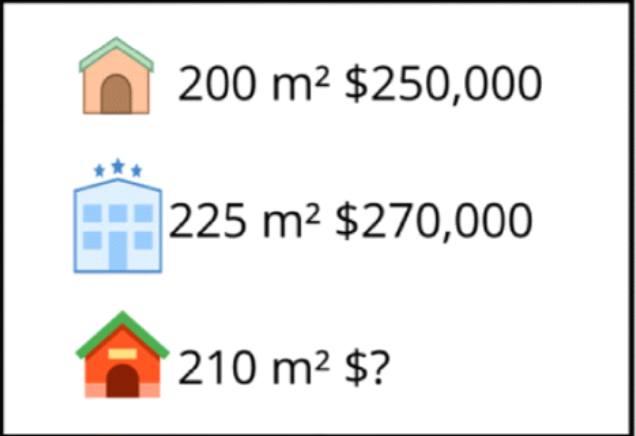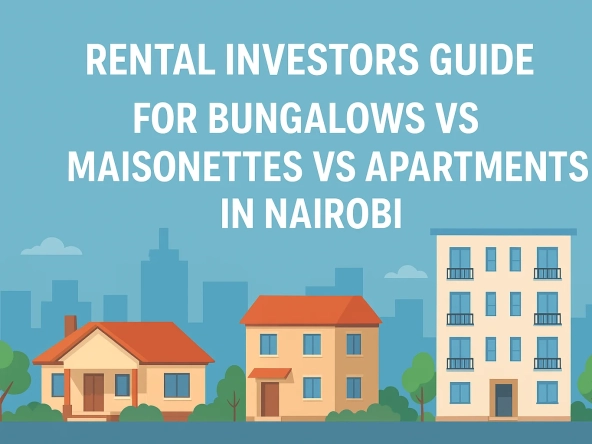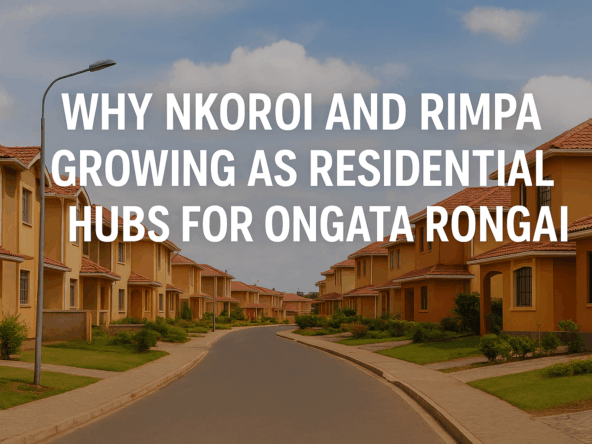Buying a home is a significant investment, and one of the biggest challenges is determining whether the asking price is fair.
Overpaying for a house can strain your finances, while a price that seems too good to be true may indicate hidden problems. Understanding how to evaluate a home’s market value in Kenya will help you make informed decisions and negotiate effectively.
This guide will walk you through key factors that influence home prices in Kenya, including comparable sales, location, market trends, and property conditions.
1. Analyze Comparable Sales (Comps)
What Are Comparable Sales?

Comparable sales, or “comps,” refer to recently sold homes that are similar to the one you’re considering. These homes should be:
- Located in the same estate, neighborhood, or town
- Similar in size (square footage, number of bedrooms, and bathrooms)
- Sold within the last 3 to 6 months
- In a similar condition (new, renovated, or fixer-upper)
How to Use Comps to Determine Value
- Check listings on real estate websites like BuyRentKenya, Property24, or Jiji to compare recent sale prices.
- Consult local real estate agents for price insights.
- Adjust for differences—if a similar house in the same area recently sold for Ksh 8 million and the one you’re considering is priced at Ksh 10 million, ask why. Are there added features justifying the price, or is it overpriced?
2. Assess the Influence of Location on Price
In Kenya, property prices vary significantly based on location. Here’s how different factors impact value:
Urban vs. Rural Pricing
- Homes in Nairobi, Mombasa, and Kisumu tend to be more expensive due to high demand and better infrastructure.
- Rural homes or those in developing towns like Kitengela, Athi River, and Ruiru are often more affordable but may have fewer amenities.
Neighborhood Quality
- Proximity to social amenities – Homes near schools, shopping malls, hospitals, and entertainment spots have higher prices.
- Security – Gated communities and areas with low crime rates fetch premium prices.
- Road and transport network – Accessibility to highways and reliable public transport increases home value.
Future Development Plans
- Upcoming infrastructure projects, such as the Nairobi Expressway, standard gauge railway (SGR) extensions, or new shopping malls, tend to drive up property prices.
- Check county government plans and real estate trends in the area to predict future value appreciation.
3. Understand Market Trends in Kenya
Buyer’s vs. Seller’s Market

- Buyer’s market – More homes are available than buyers, leading to lower prices and better negotiating power.
- Seller’s market – Fewer available homes with many buyers, leading to higher prices and competition.
How to Check Market Trends in Kenya
- Monitor real estate reports from firms like HassConsult and Knight Frank.
- Look at how long properties stay listed—quick sales often indicate a seller’s market.
- Check if prices in the area have been rising or falling over the past year.
4. Evaluate the Condition of the Property
A home’s condition plays a major role in determining if the price is justified.
Age and Maintenance
- Older homes may require costly renovations, while newly built homes come with fewer immediate repair costs.
- If the house needs repairs, calculate the cost and deduct it from the asking price.
Structural Issues
- Check for cracks in walls, roof leaks, plumbing, and electrical problems—these can be expensive to fix.
- Conduct a professional home inspection before committing to a purchase.
Energy Efficiency & Upgrades
- Solar panels, water harvesting systems, and modern kitchen/bathroom upgrades can increase the value.
- Security enhancements like perimeter walls, CCTV, and electric fencing also contribute to pricing.
5. Hire a Professional Valuer

If you’re unsure about the pricing, hiring a registered property valuer can give you an unbiased home valuation.
How a Property Valuer Helps
- Assesses the home based on location, market demand, and condition.
- Compares it to recent sales and current listings.
- Provides a formal valuation report, which is often required for mortgage approvals.
Some reputable valuation firms in Kenya include Lloyd Masika, Gimco Limited, and Knight Frank Kenya.
6. Work with a Real Estate Agent
A knowledgeable real estate agent can help analyze a home’s price based on their experience with the local market.
How an Agent Helps
- Provides access to real-time market data.
- Identifies overpriced or underpriced homes.
- Assists in negotiations based on market insights.
Ensure the agent is registered with the Estate Agents Registration Board (EARB) for credibility.
Conclusion
Knowing whether a home in Kenya is priced right requires a combination of research, market analysis, and professional advice.
By evaluating comparable sales, assessing location factors, understanding market trends, and checking the property’s condition, you can determine if a home’s price is fair.
Taking these steps ensures you make a smart investment and avoid overpaying.



